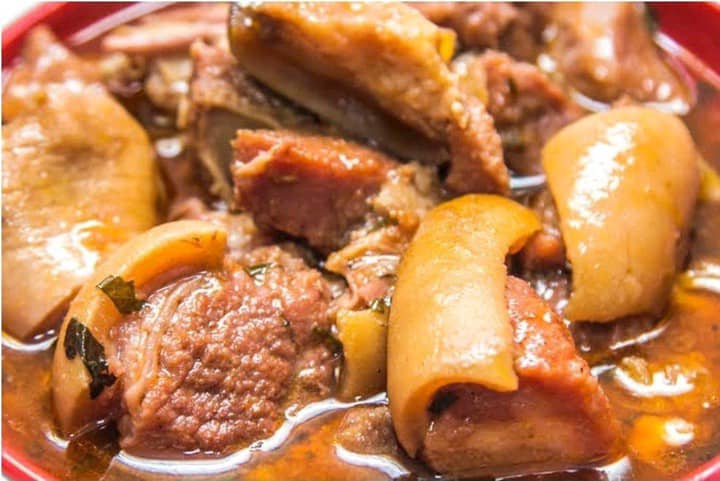The kidneys play a crucial role in filtering waste and toxins from the blood, regulating fluid balance, and maintaining overall health. While a balanced diet is essential for kidney health, certain everyday foods can pose a risk to these vital organs. This comprehensive article sheds light on common foods that may be silently damaging your kidneys and offers insights into making healthier dietary choices for kidney well-being.
1. Excessive Salt Intake
Consuming foods high in sodium can strain the kidneys, as they work to filter excess salt from the bloodstream. Over time, this can lead to kidney damage and an increased risk of hypertension according to Healthine
2. Processed and Fast Foods
Processed foods, including fast food items, are often laden with unhealthy fats, sodium, and additives. These can contribute to obesity, high blood pressure, and kidney damage when consumed regularly.
3. Red Meat and Processed Meats
Diets rich in red meat and processed meats have been linked to an increased risk of kidney disease. The high protein content and potential inflammatory compounds in these meats can strain the kidneys over time.
4. Sugar-Laden Beverages
Regular consumption of sugary beverages like sodas and fruit juices can lead to weight gain, insulin resistance, and diabetes, all of which increase the risk of kidney damage.
5. Artificial Sweeteners
While marketed as sugar alternatives, artificial sweeteners can have negative effects on kidney health. Overconsumption of these additives may contribute to kidney dysfunction.
6. High-Potassium Foods
Individuals with kidney problems may need to moderate their intake of high-potassium foods like bananas, oranges, tomatoes, and spinach, as excessive potassium can disrupt kidney function.
7. Excess Protein Intake
While protein is important for health, excessive protein consumption can strain the kidneys, especially in individuals with pre-existing kidney conditions.
8. Caffeine and Energy Drinks
Caffeine, found in coffee and energy drinks, can lead to dehydration and strain the kidneys. Overconsumption can also contribute to high blood pressure.












Leave a Reply